If you’re a fan of Alfred Hitchcock, you’ve likely seen his 1960 masterpiece, “Psycho.” Not only was this film his most profitable but it’s also ranked by IMDb as #36 on their list of top-rated movies.
“Psycho” is a horror film that tells the story of Norman Bates, who runs the Bates Motel. When Marion Crane stays the night at the motel after running off with $40,000, she eats a meal with Norman and learns about his controlling mother. Later on that night, Marion is stabbed to death in the motel shower. The rest of the film follows the investigation of Marion’s disappearance.
Hitchcock’s film was based on Robert Bloch’s 1956 novel, “Psycho,” and the film incredibly was controversial at the time. While many of the elements in “Psycho” that were considered shocking are the norm in TV and movies nowadays, Hitchcock’s film pushed a lot of boundaries when it came to censorship and what was allowed in films.
The censorship guidelines applied to films until 1968, also known as the Hays Code, was already in its final days when Hitchcock filmed “Psycho.” However, since the studio system didn’t want to produce Hitchcock’s film, he ended up financing most aspects of the film himself.
In a lot of ways, “Psycho” set the standard for horror films with an impressive plot twist at the end and clever editing that changed the horror film industry forever. These are only a few of the facts about “Psycho” that you may not know, but our full list of facts about the film will help you become an expert in “Psycho” trivia. (Also Read 17 of the Best Lines Ever Written in Hollywood.)
To create a list of 25 facts about Psycho you may not know, 24/7 Tempo consulted numerous media and news sources including IMDb, Rotten Tomatoes, and Newsweek. Here are 25 facts you may not know about Alfred Hitchcock’s “Psycho.”
It was Alfred Hitchcock’s highest-grossing film
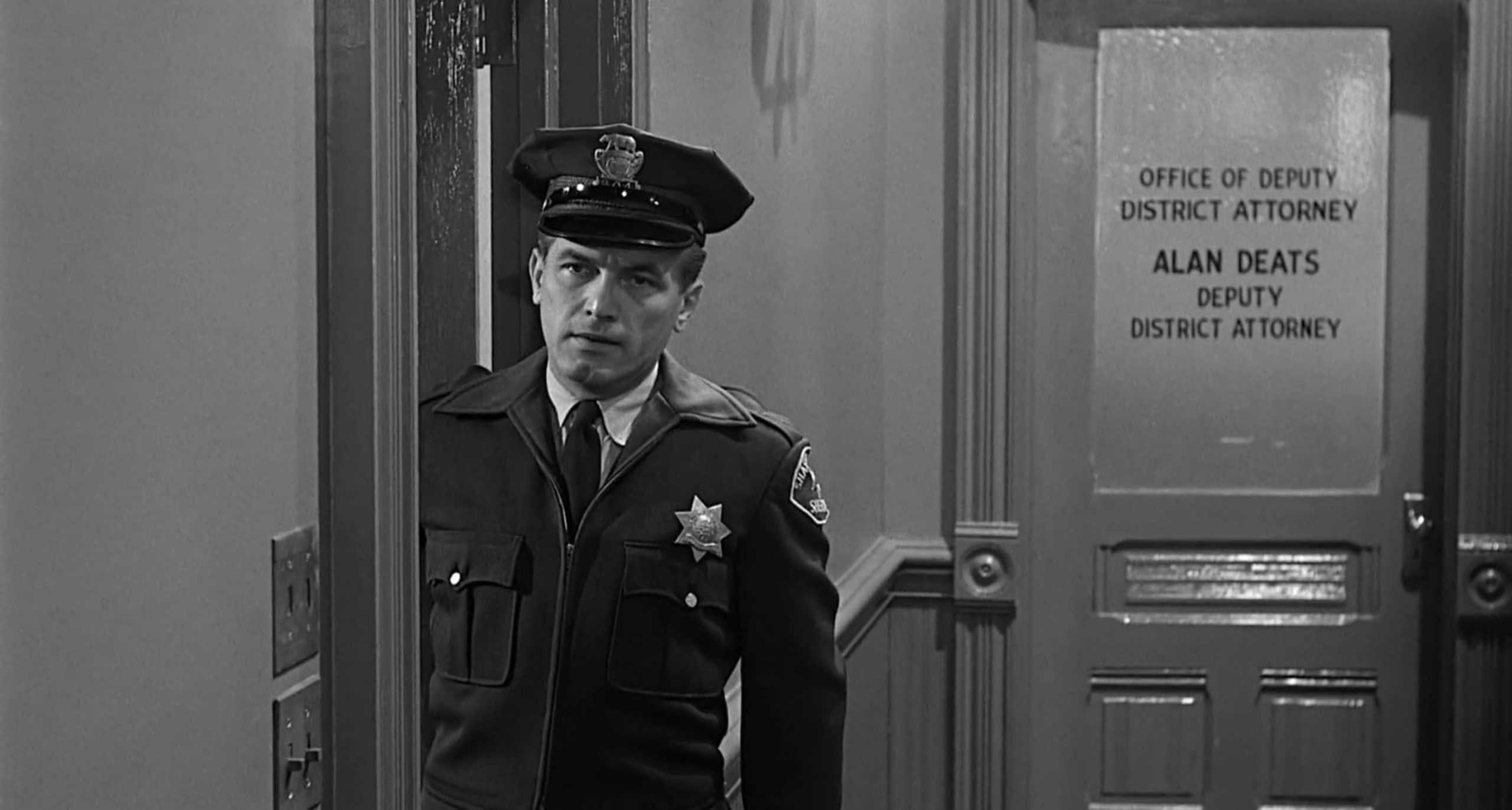
Despite the criticism and controversy that came with “Psycho.” it ended up being Hitchcock’s most profitable film. The film made $32 million in the US and Canada.
The fake blood in the shower scene was chocolate syrup
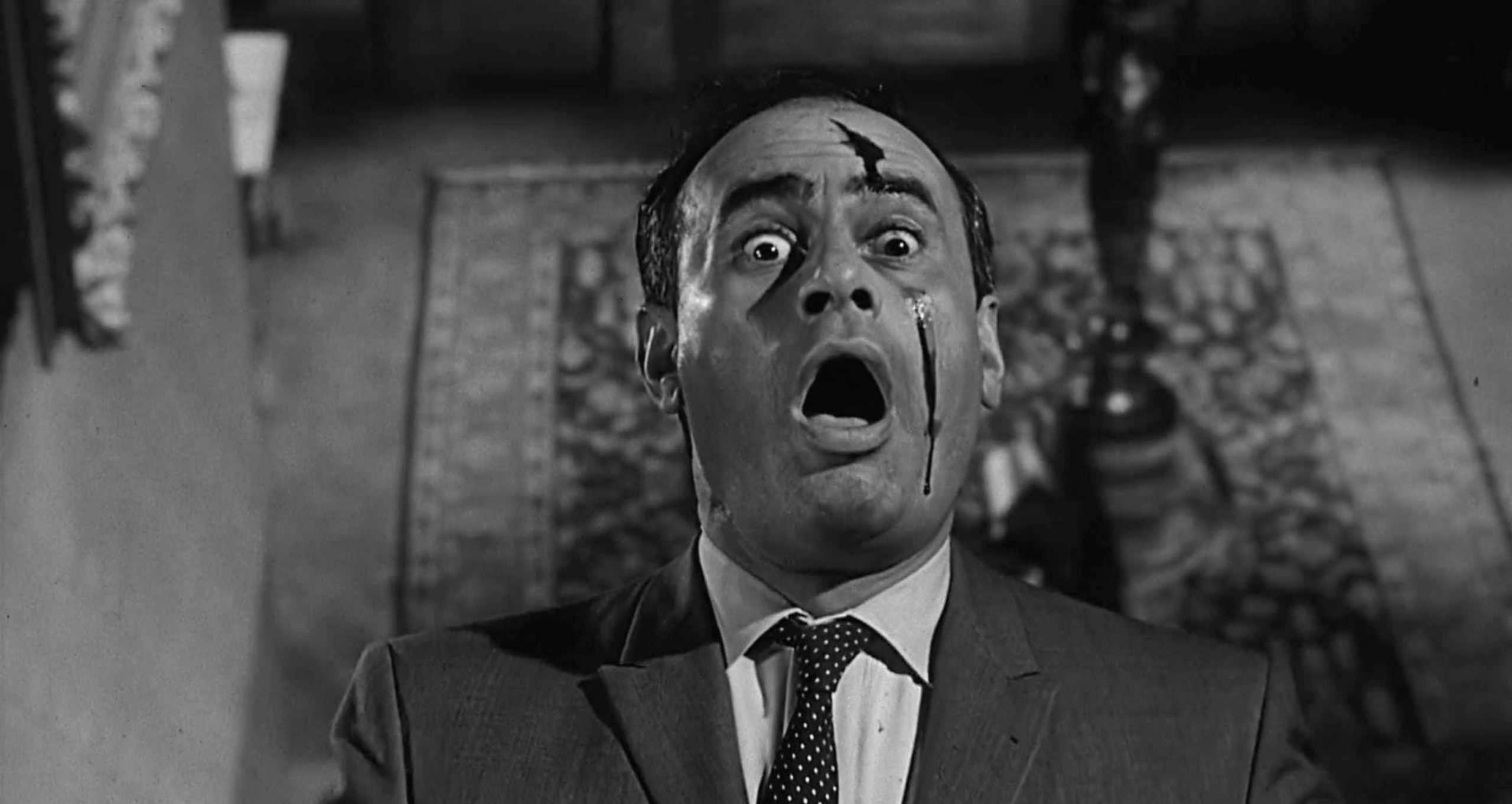
Hitchcock’s famous shower scene might seem less chilling when you realize the fake blood was chocolate syrup. While there are many different mixtures used for fake blood, chocolate syrup shows up best in black and white.
It was the first film in America to show a toilet
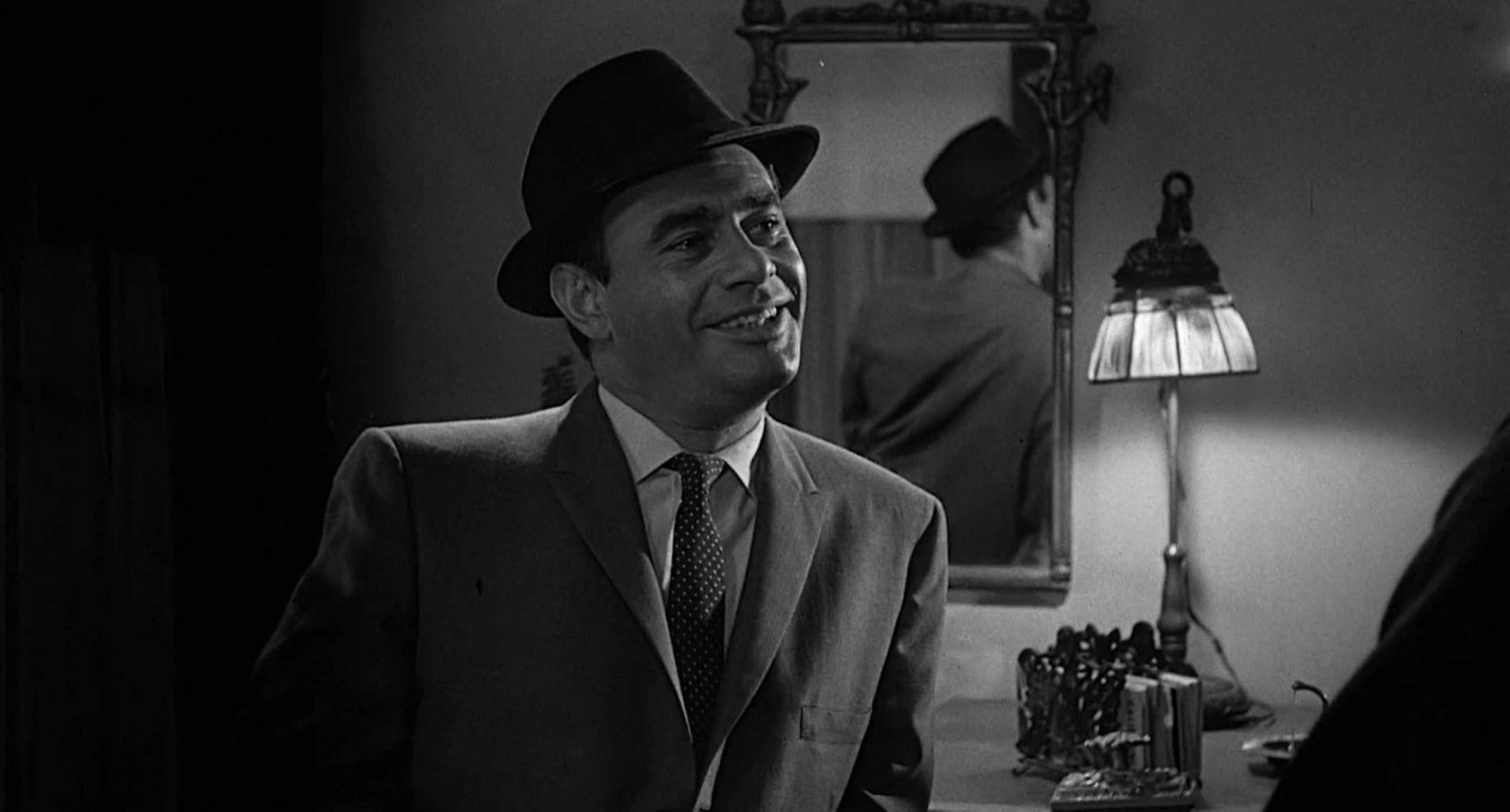
As strange as it sounds, censorship guidelines in the 1950s and 60s were pretty strict. “Psycho” pushed a lot of boundaries and one of them had to do with the inclusion of a flushing toilet in the film.
The plotline is based on the true story of serial killer Ed Gein
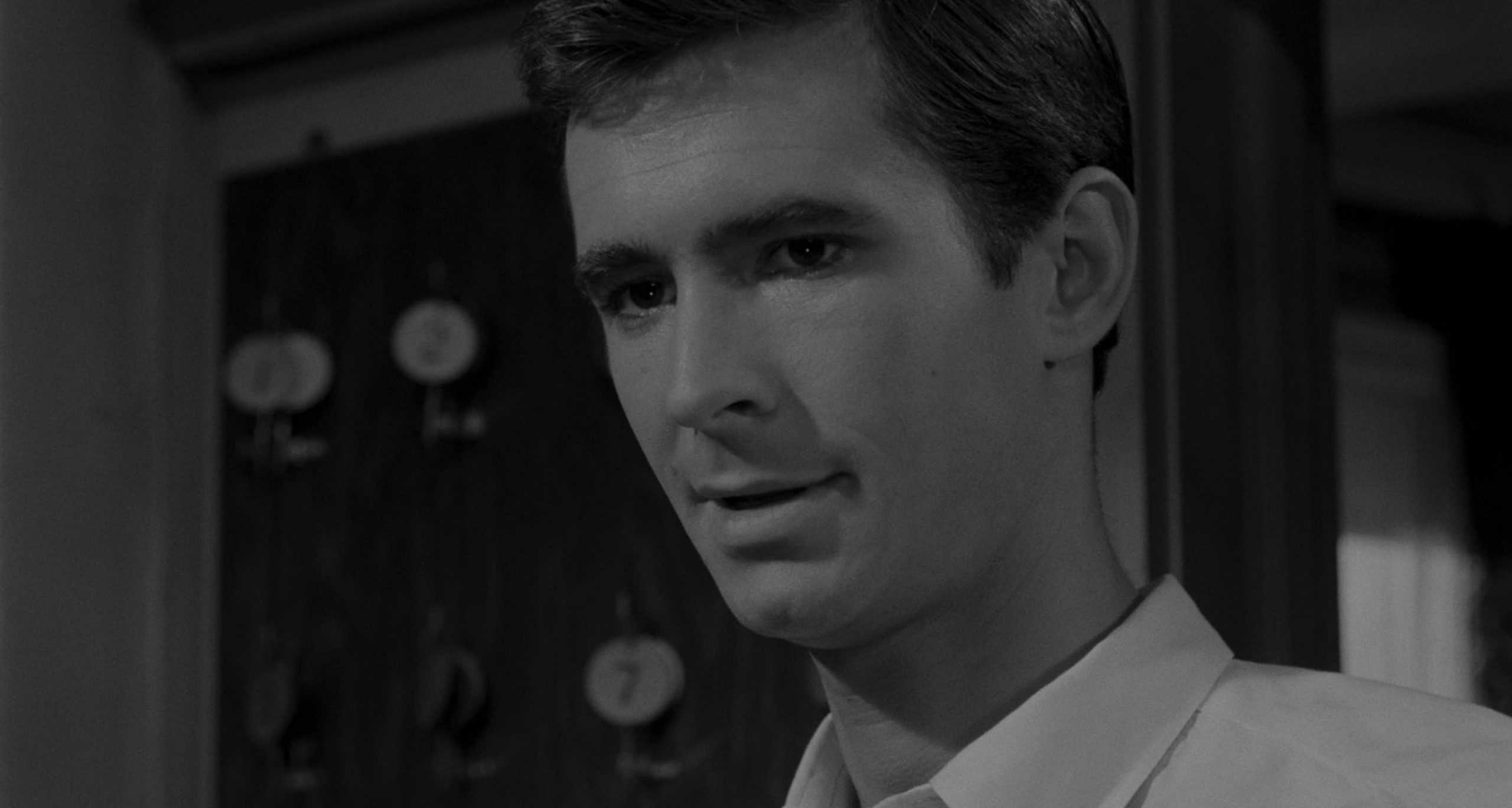
The screenplay for “Psycho” was based on a novel by Robert Bloch. The inspiration for Bloch’s novel was the story of the serial killer Ed Gein.
Ed Gein was also the inspiration for several other films
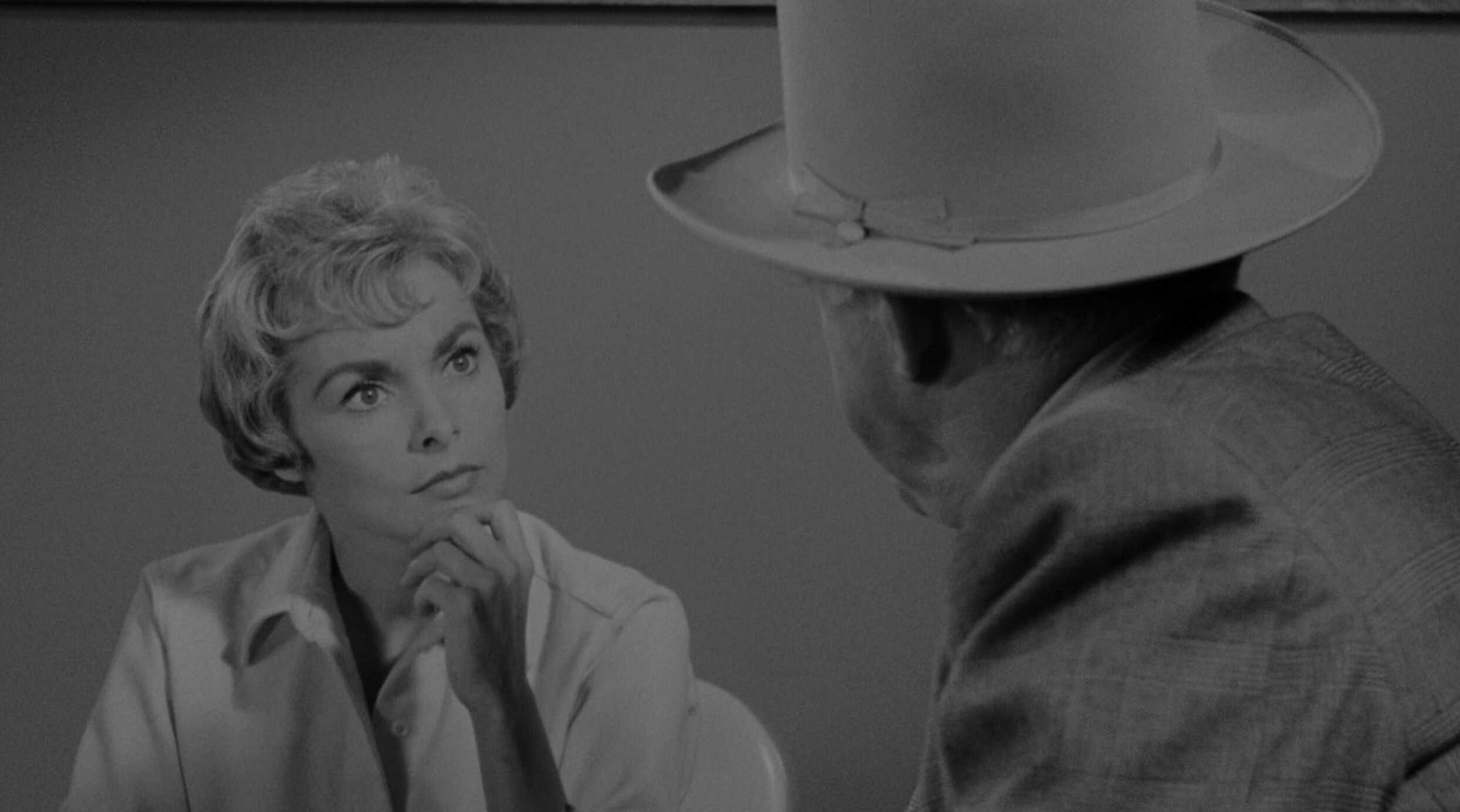
The story of the serial killer Bloch’s novel was based on inspired several other major films, including “The Texas Chainsaw Massacre” and “The Silence of the Lambs.”
Hitchcock wouldn’t let you see the movie if you showed up late
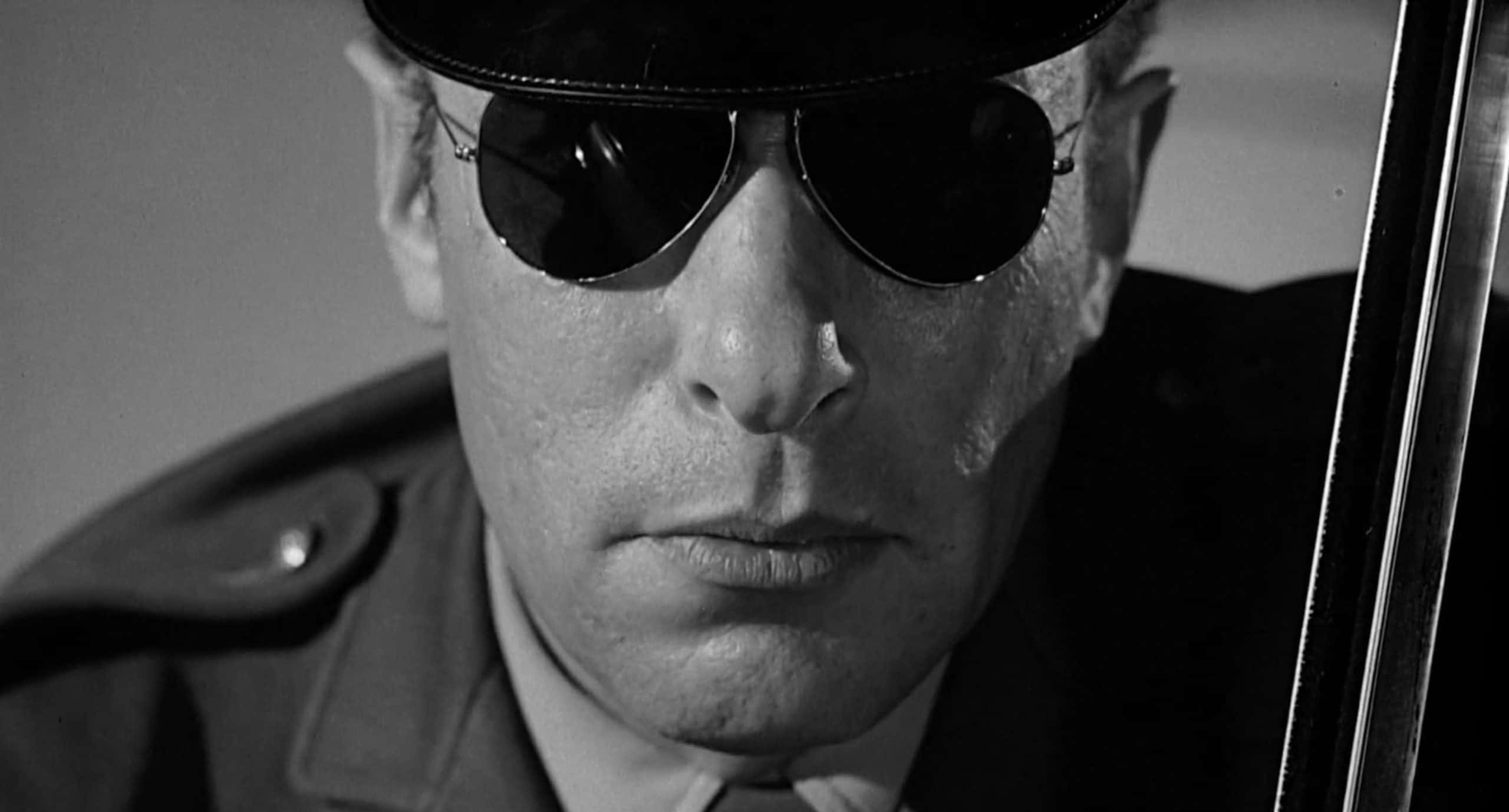
While “Psycho” was in theaters, Hitchcock enforced a rule that stated you couldn’t watch the film if you showed up late to the viewing.
The famous shower scene used over 70 camera angles
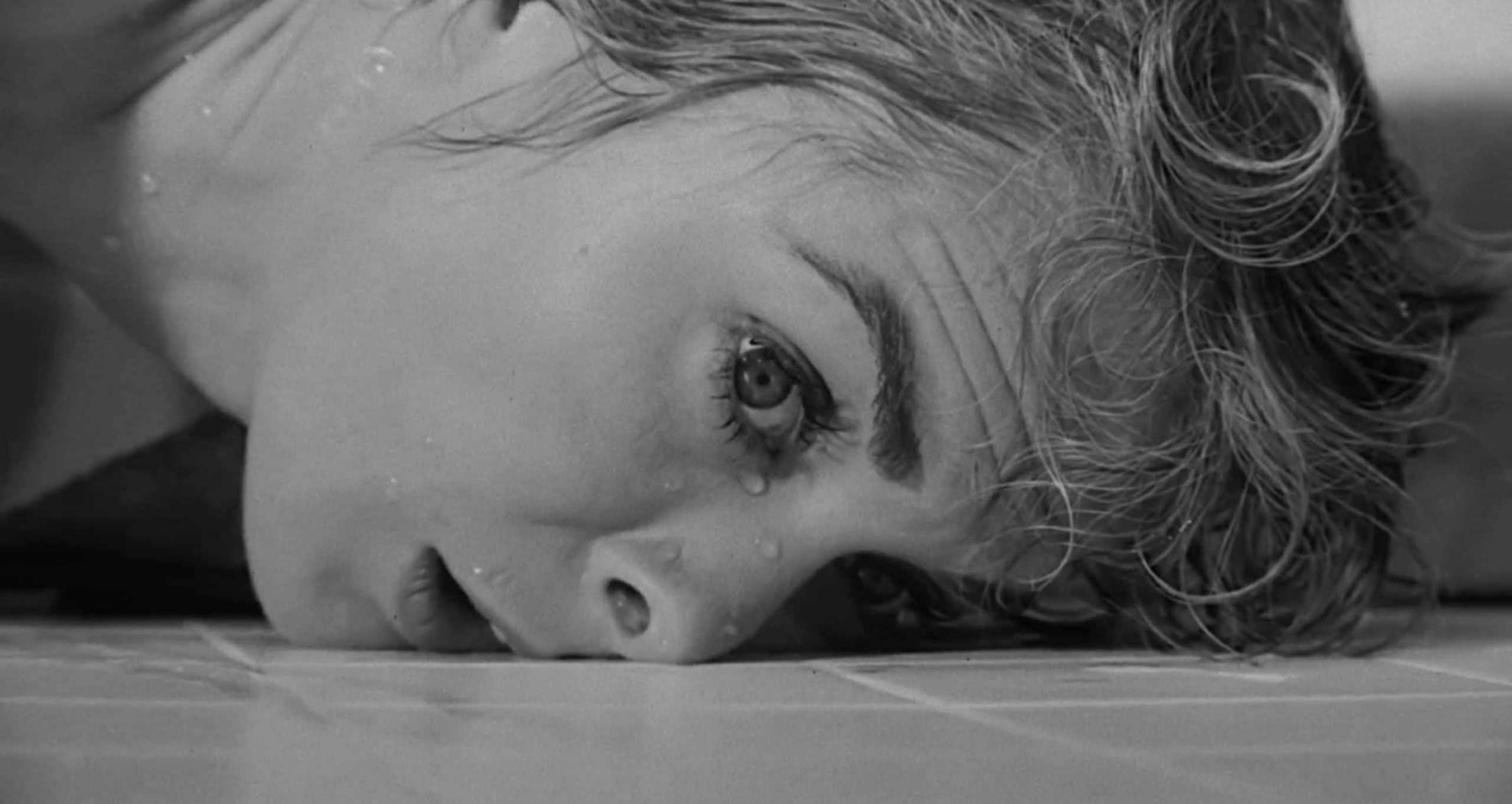
The shower scene in “Psycho” is considered a cinematic masterpiece. It featured over 70 camera angles and took a week to film.
The shower scene was originally meant to be silent
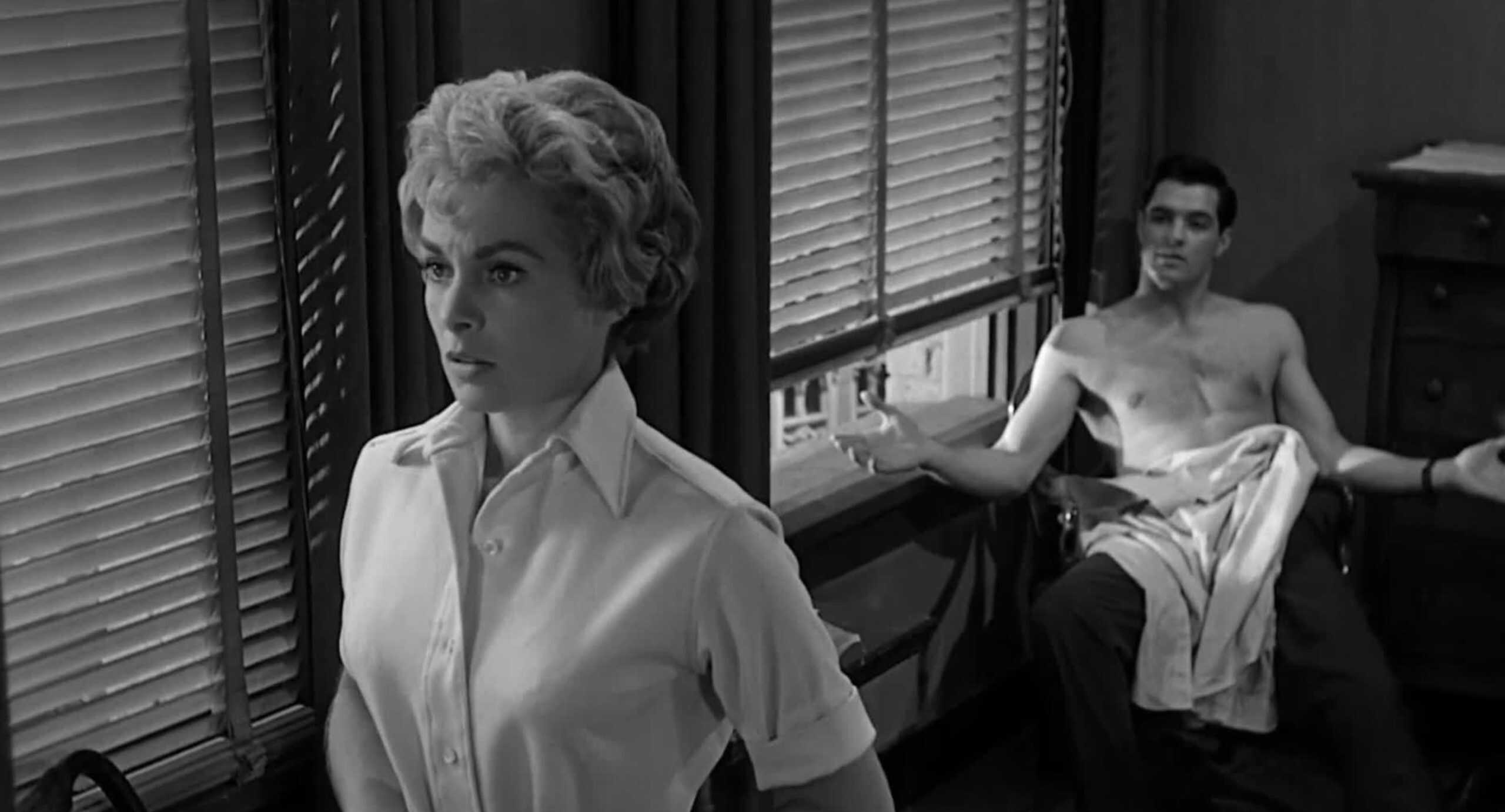
Part of what made the shower scene so dramatic was the music. Although Hitchcock originally wanted the scene to be silent, he changed his mind after hearing what the composer came up with.
The knife in the shower scene was stabbing a melon
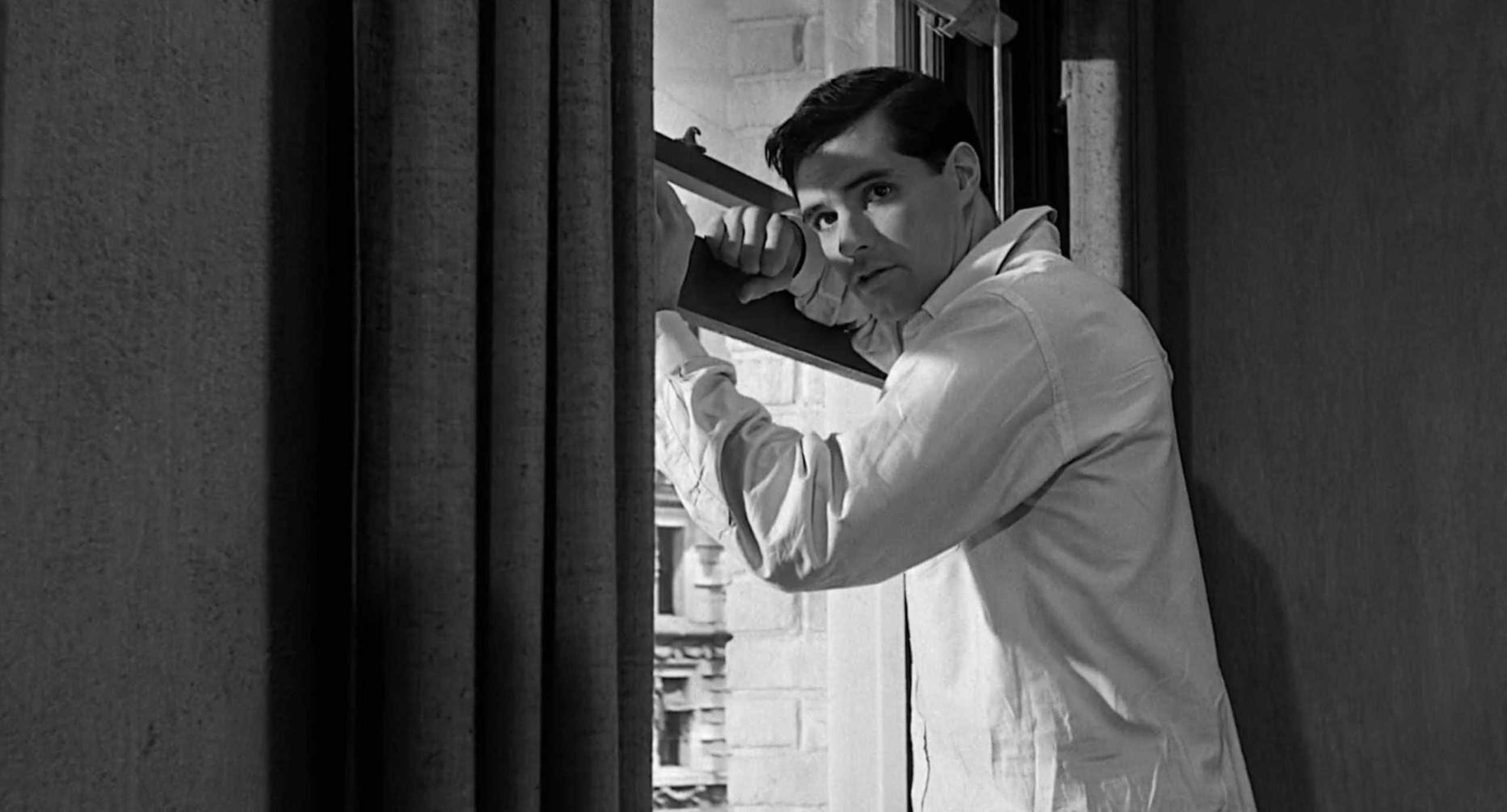
When you hear the sound in this scene that’s supposed to be a knife stabbing Marion, it’s actually the sound of a knife stabbing a melon.
It took three actresses to create the dialogue for Norma Bates
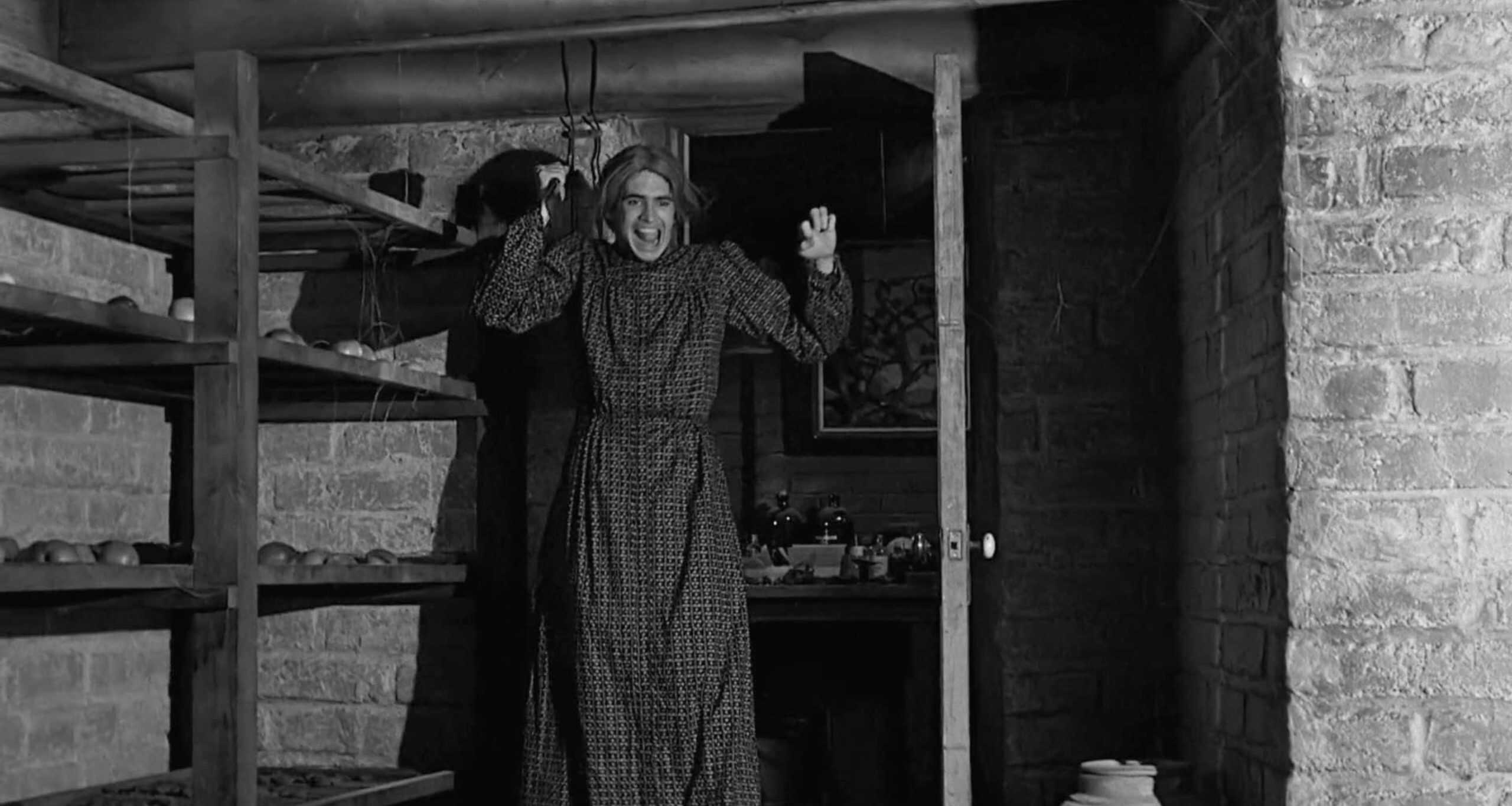
To achieve the right voice for Norma Bates, three different actresses recorded the lines. Hitchcock ended up mixing the voice recordings together for the different scenes.
Hitchcock did everything possible to keep the ending a secret
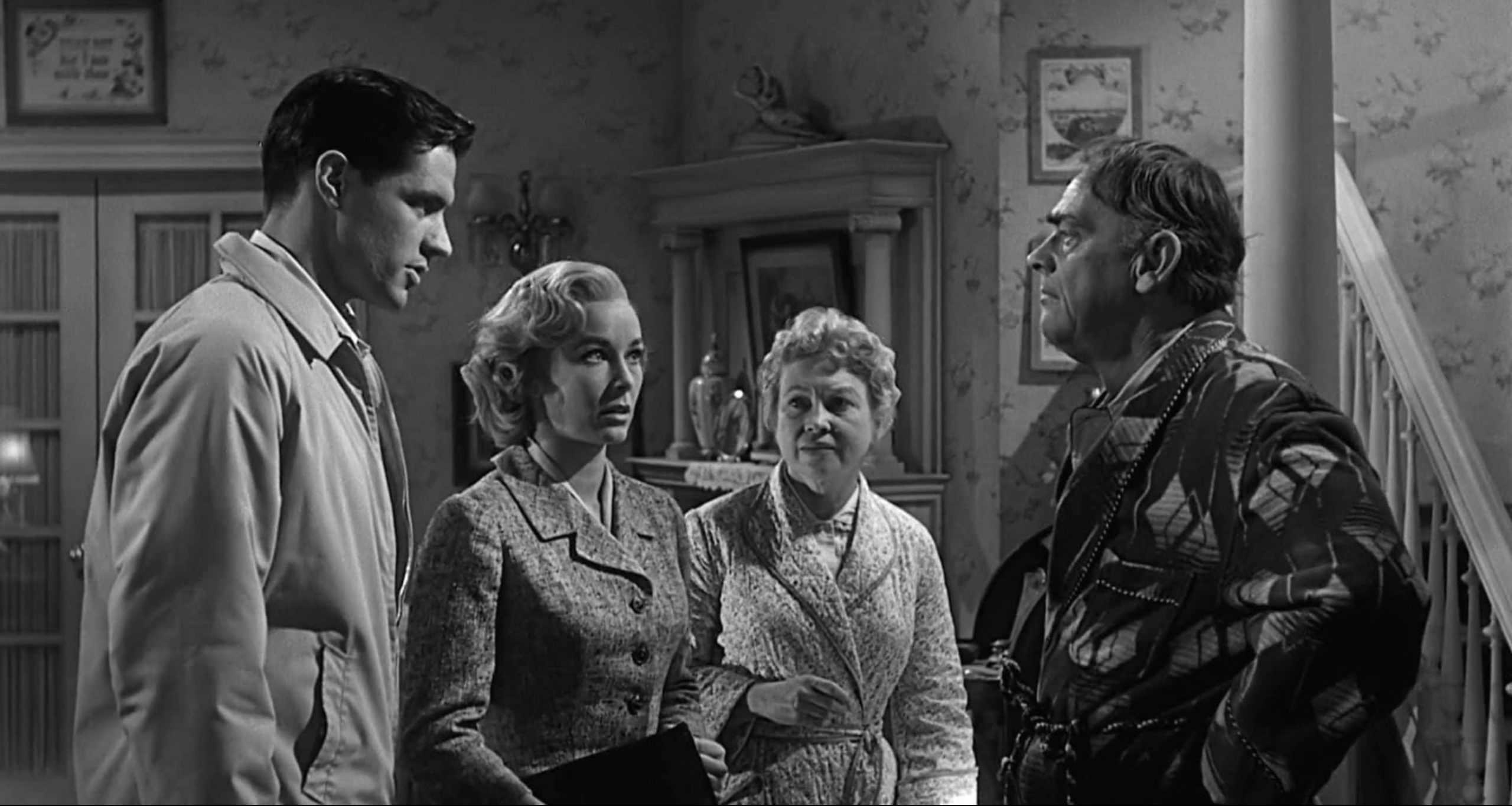
To prevent people from spoiling the plot twist in the end, Hitchcock initially withheld the name of the novel it was based on.
A reporter leaked the name of the novel, but revealed the wrong name
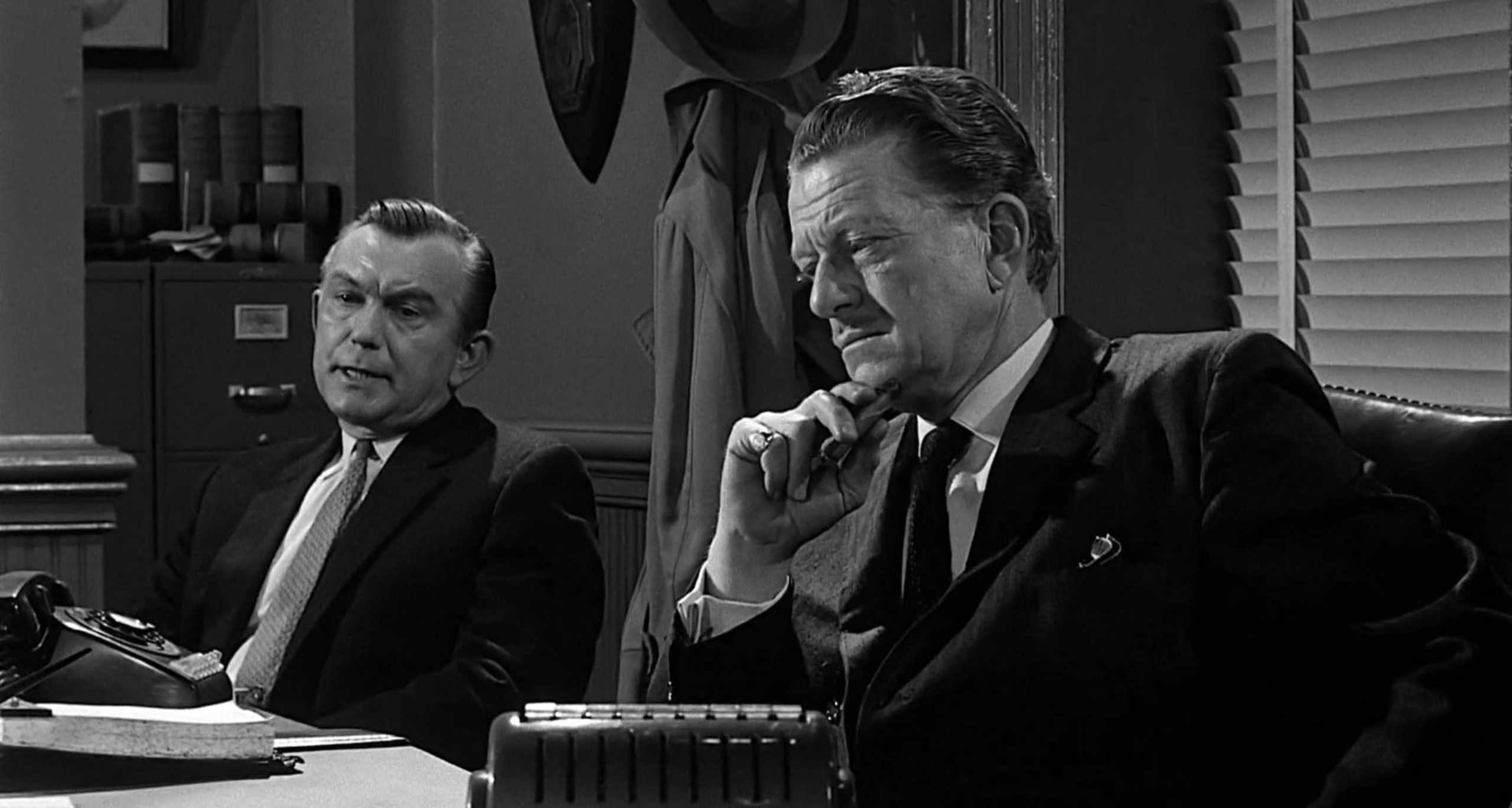
Inevitably, the name of the novel got out, although they revealed an incorrect name. The report who leaked it claimed it was “Psyche,” instead of “Psycho.”
When the name of the novel was leaked, it was rumored that Hitchcock bought all the copies
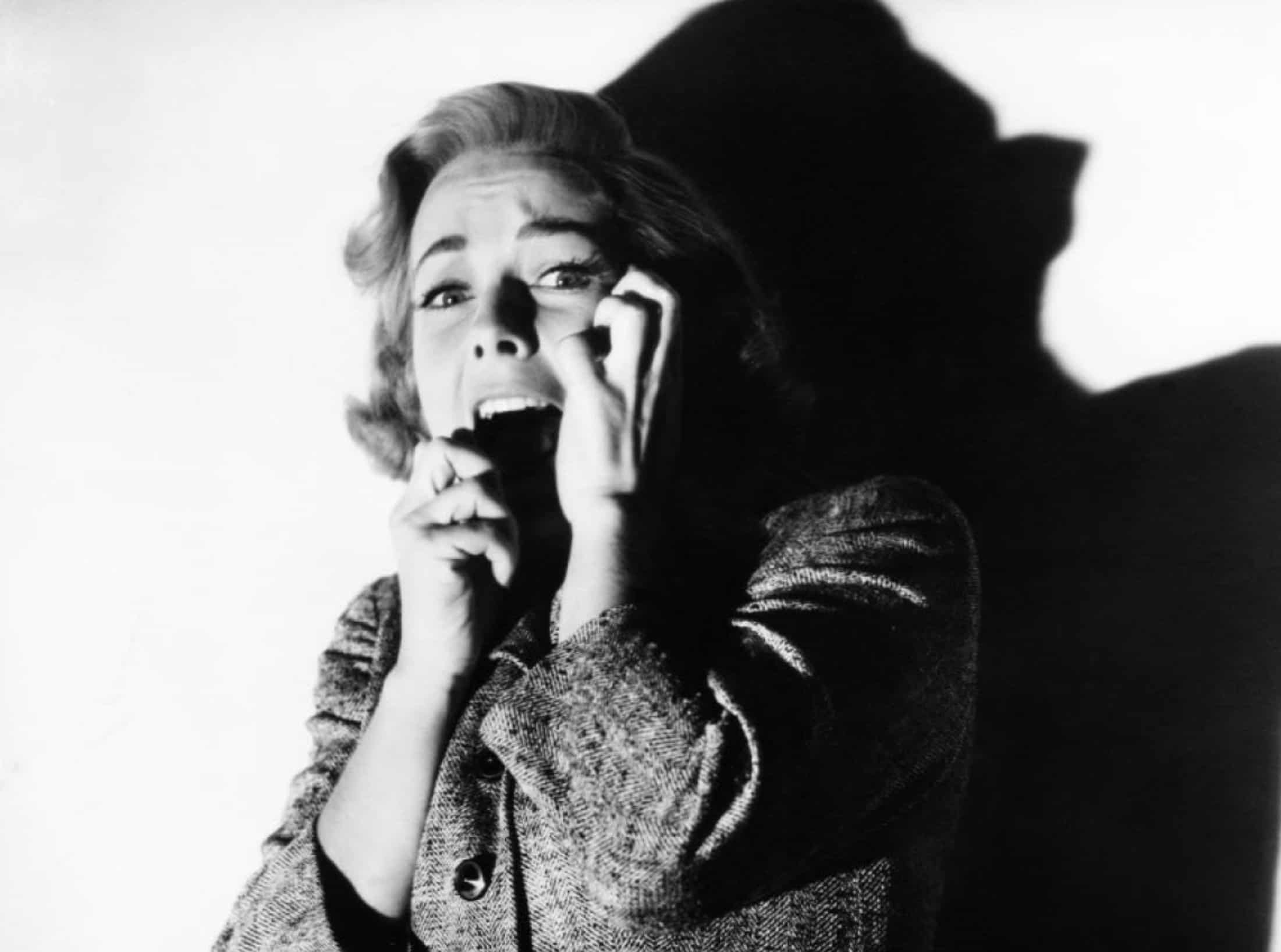
After a reporter revealed the incorrect name, there was a rumor that Hitchcock bought up all the copies of the novel to prevent anyone from finding out the ending. There was no evidence for this rumor, however.
Hitchcock makes an appearance in the film
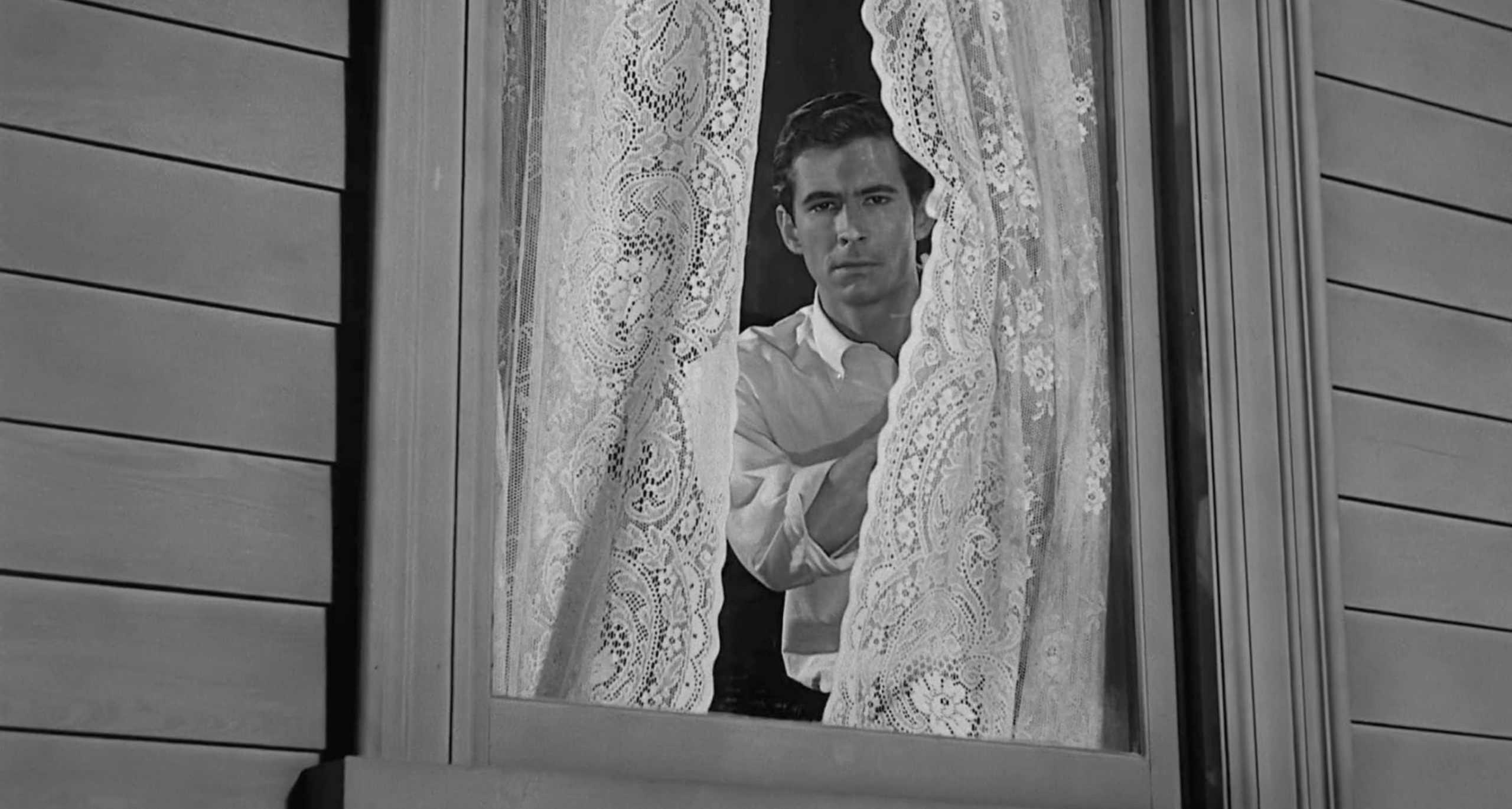
If you pay attention in the beginning of the film, you can spot Hitchcock outside of Marion’s office wearing a cowboy hat.
Norman’s appearance is vastly different in the novel

Hitchcock ensured the film was consistent with Bloch’s novel in most cases. One of the main differences is Norman is overweight and unattractive in the novel.
Hitchcock bought the screen rights for Bloch’s novel for $9,000
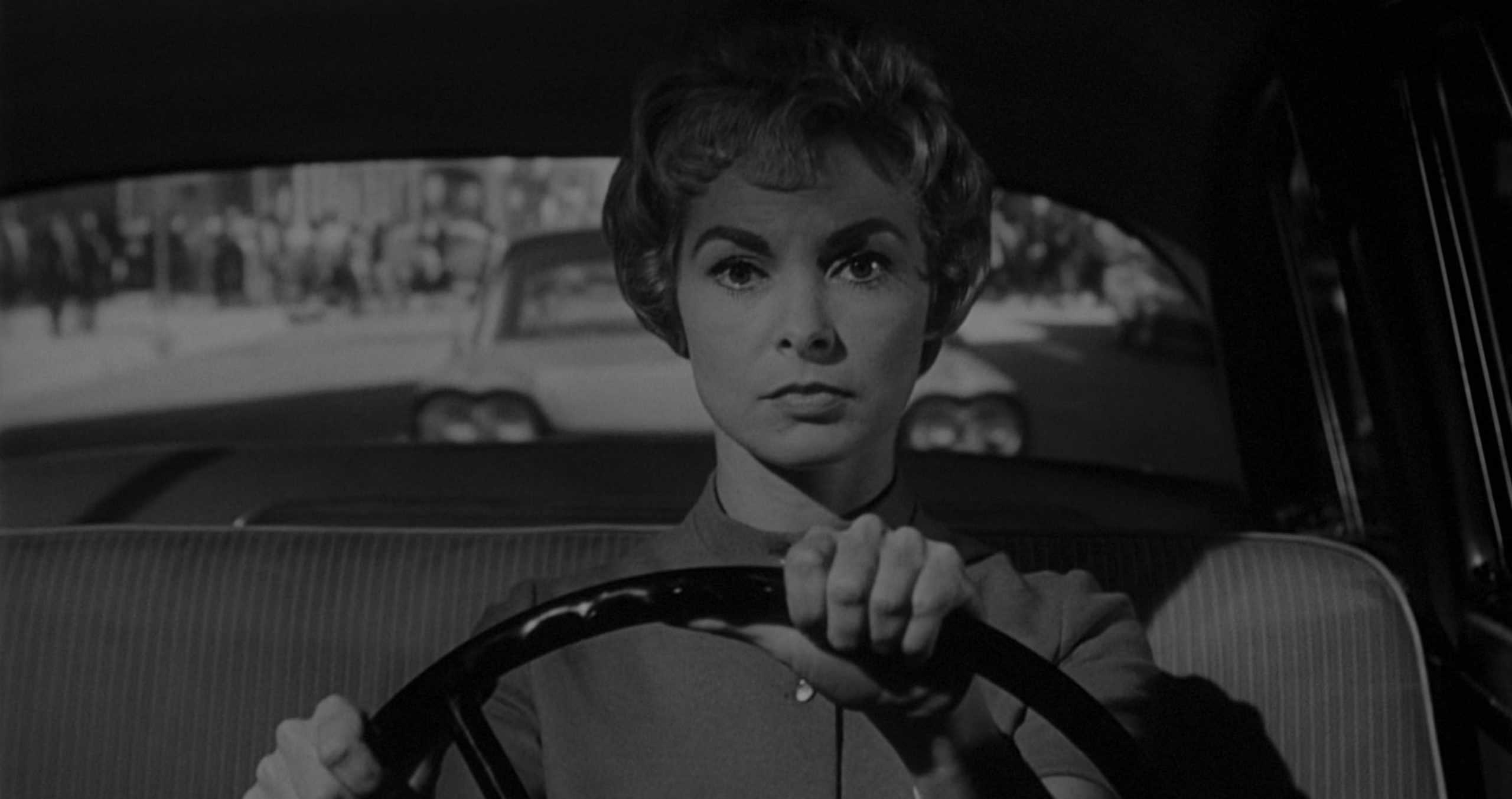
The director ended up making a fortune off of “Psycho,” especially because he purchased the screen rights from Bloch for only $9,000.
Hitchcock forfeited his directing fee in exchange for part ownership of the film
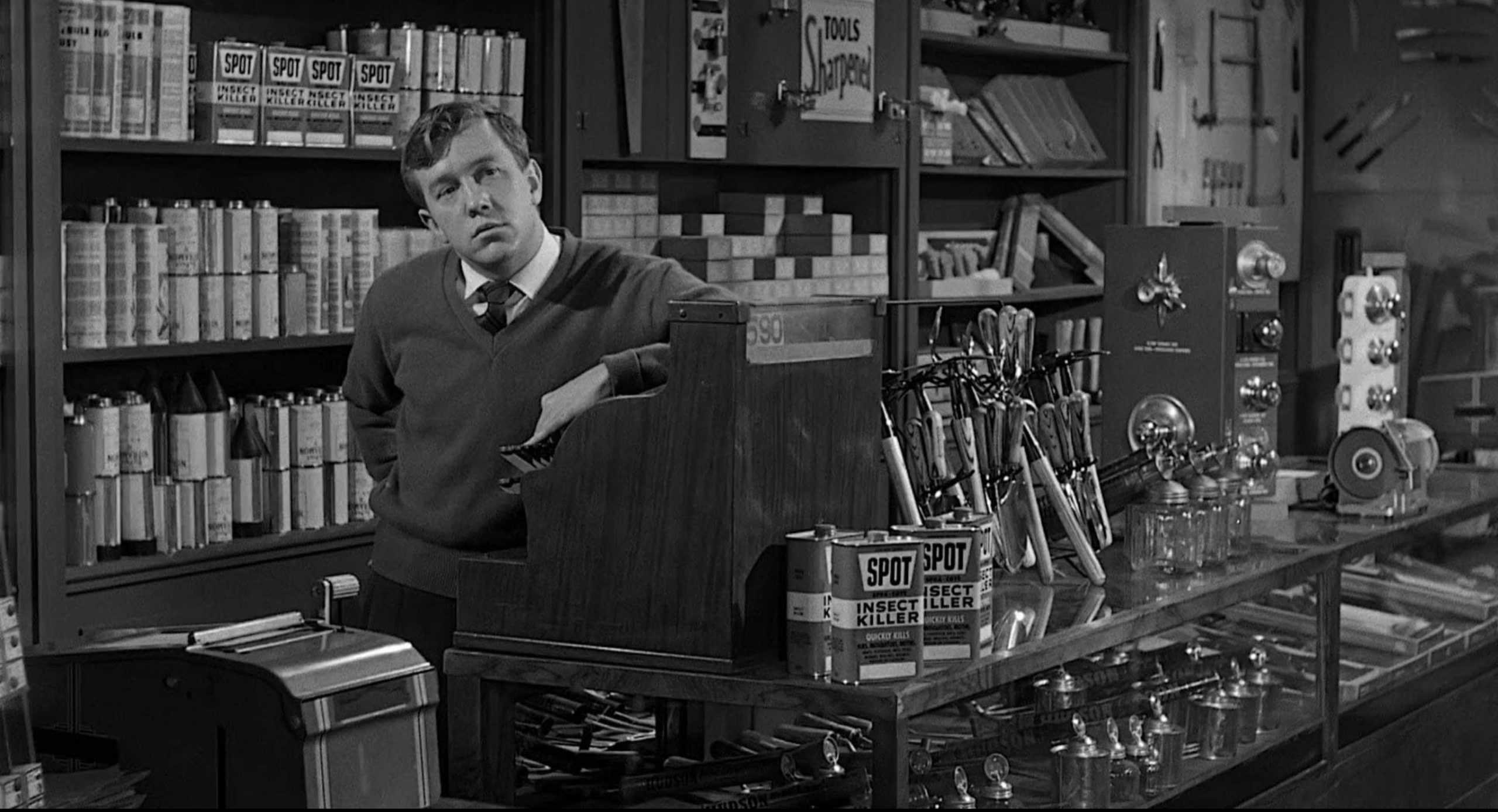
Another reason why he ended up making so much off of the film is how he set up the rights. To keep production costs down, he financed most of the film himself and gave up his fee in exchange for majority ownership of the film.
“Psycho” led to Hitchcock’s final Oscar nomination for Best Director
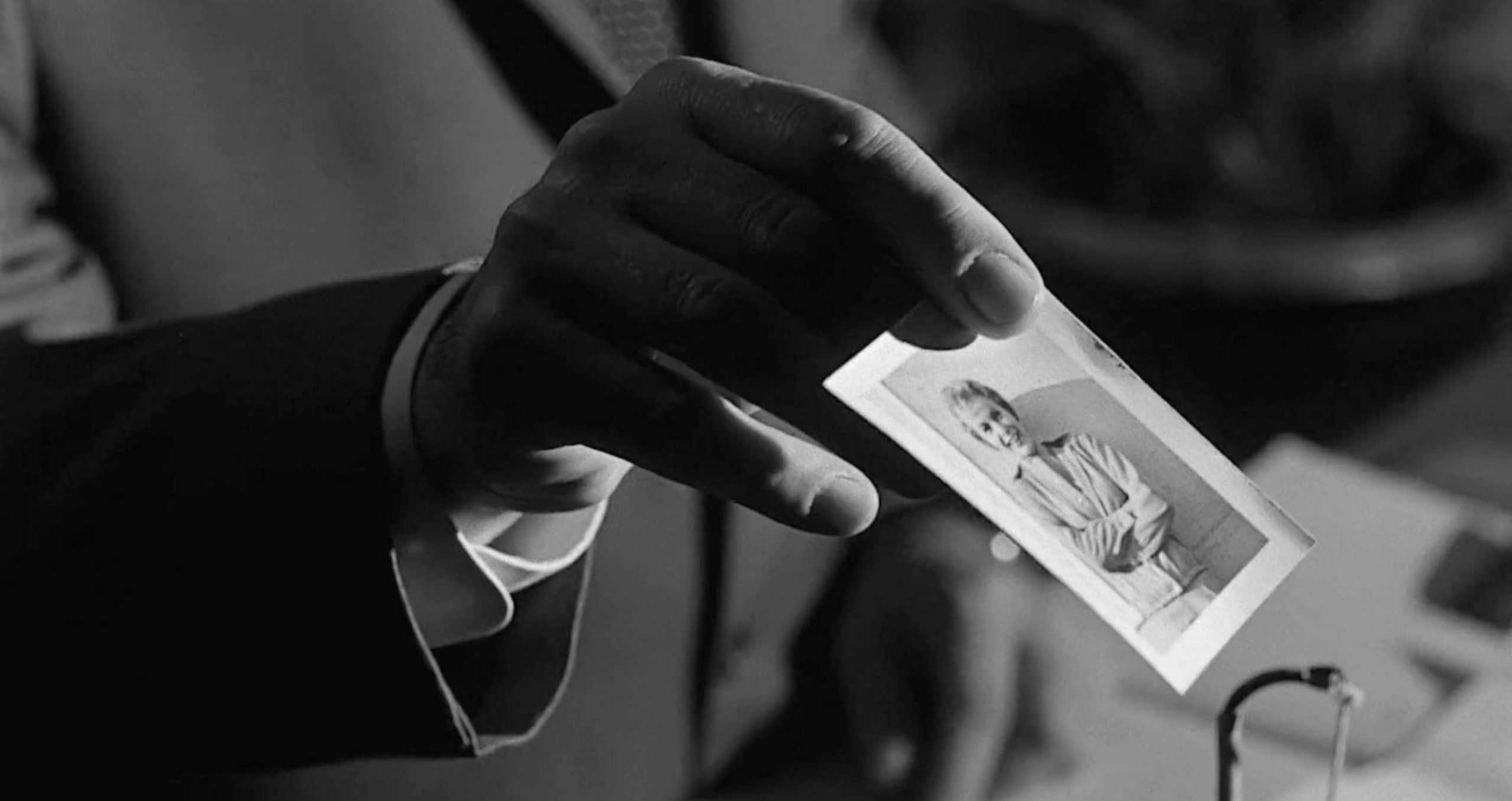
Although Hitchcock never won the award, he was nominated for Best Director five times. “Psycho” led to him his last nomination for Best Director.
“Psycho” became an R-rated movie nearly 25 years after its release
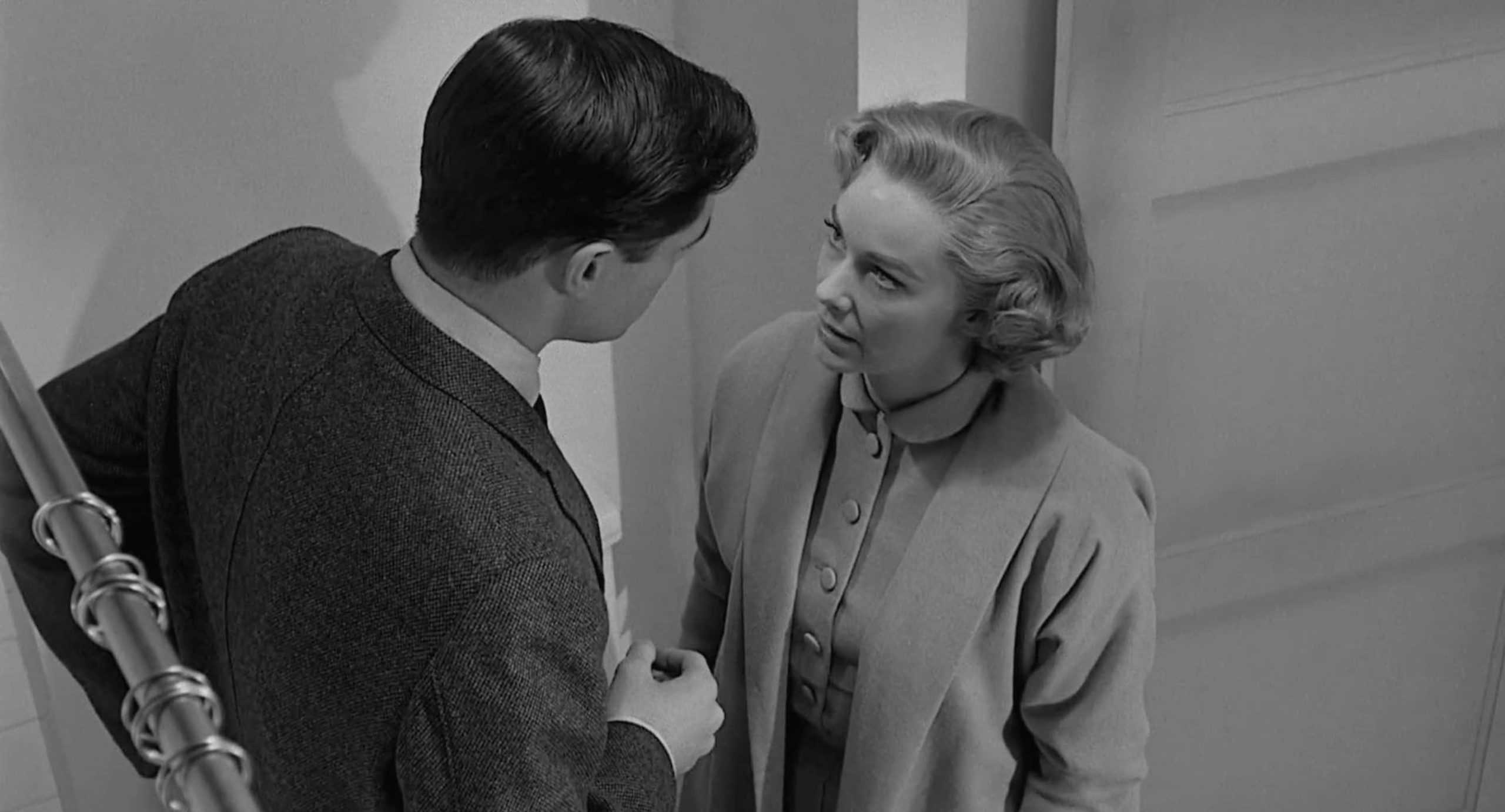
The MPAA ratings system for movies didn’t exist until 1968. However, due to the controversial content in “Psycho,” it received an R-rating in 1984.
The score for the film includes only string instruments
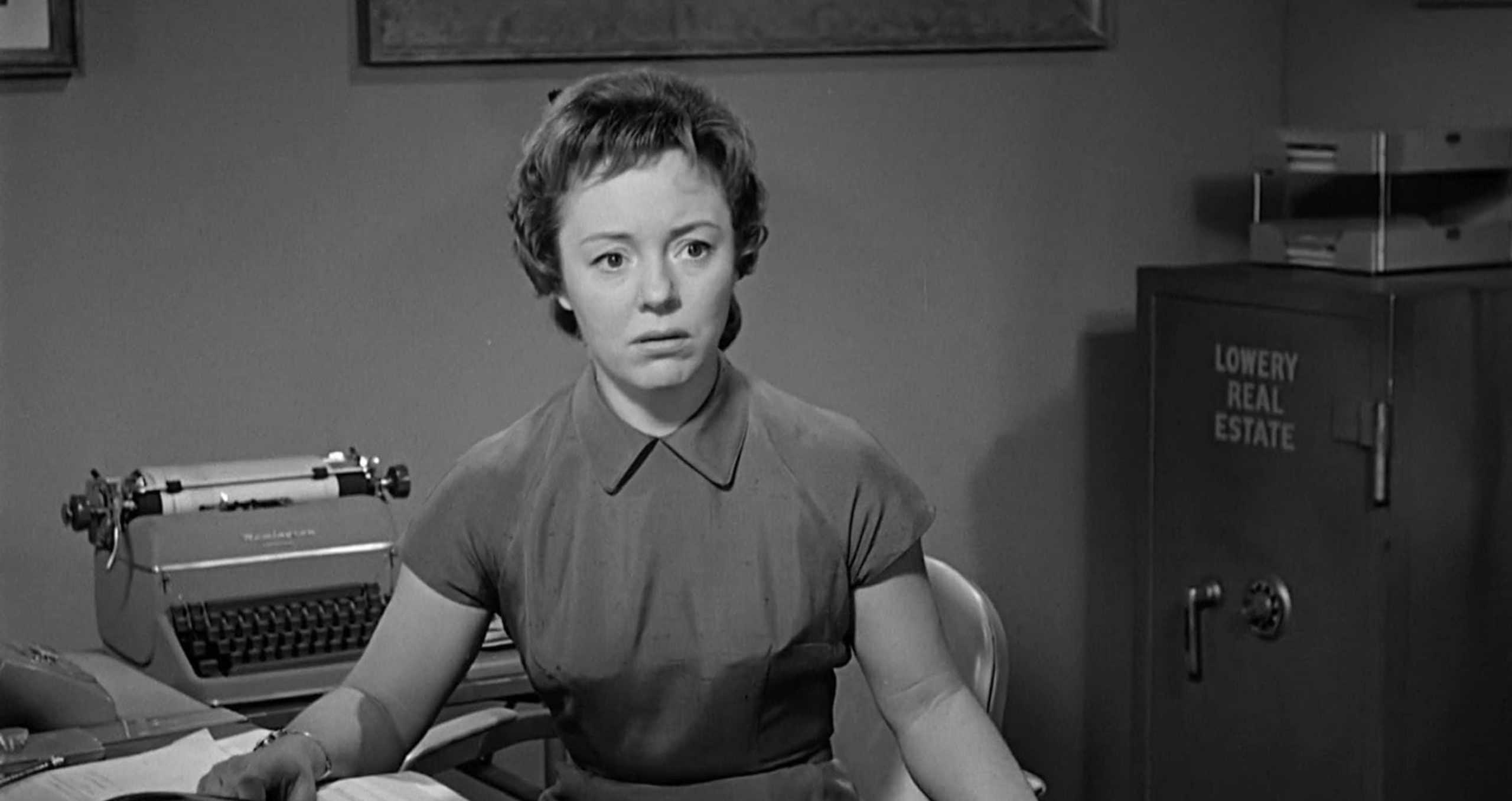
Even Hitchcock himself gave a lot of credit to the composer for “Psycho.” The score for the film was unique because it only used string instruments.
There are three “Psycho” sequels
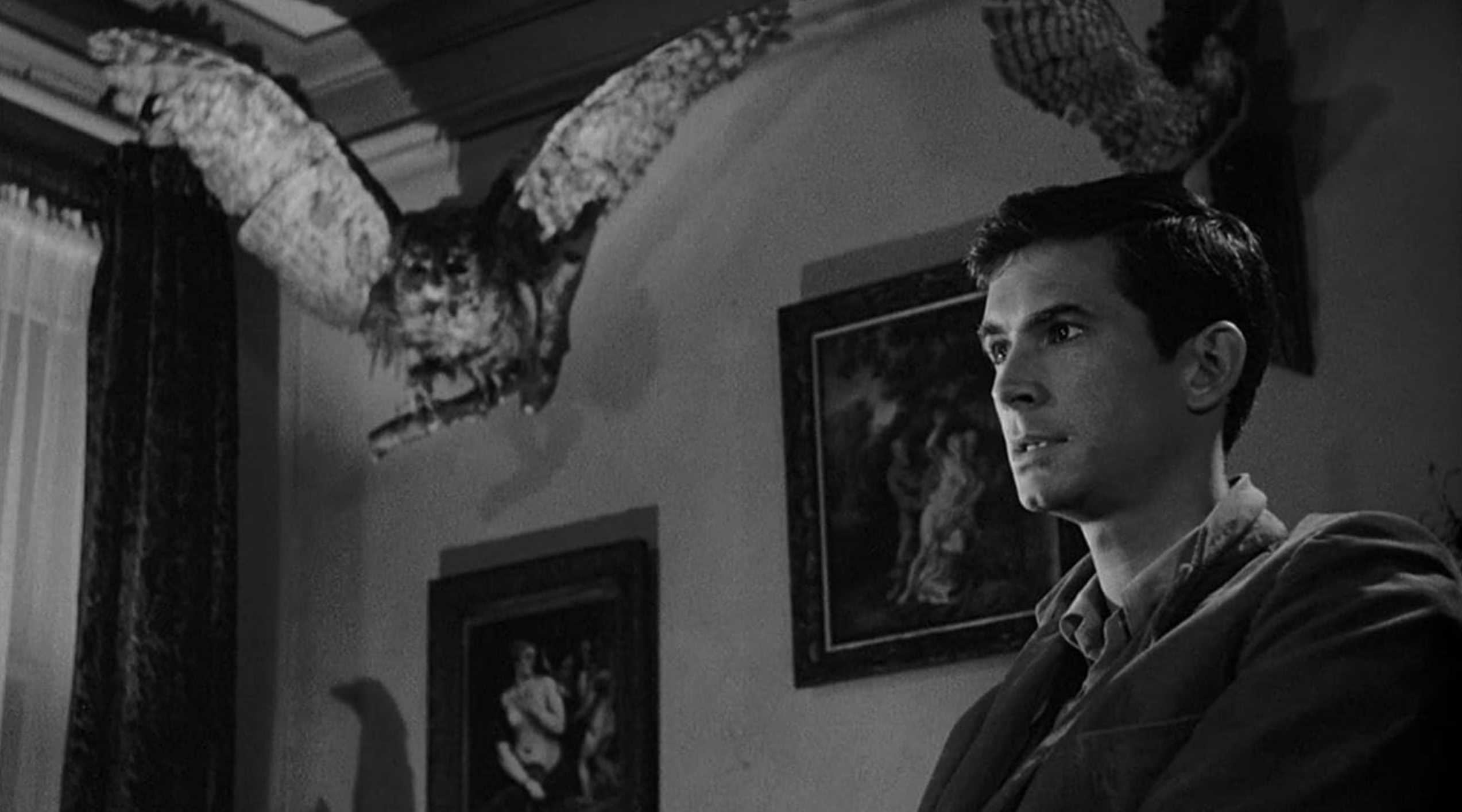
Bloch published two sequels to his original novel, but they weren’t used to create the three sequels for the film version of “Psycho.”
Walt Disney wouldn’t let Hitchcock shoot his film at Disneyland
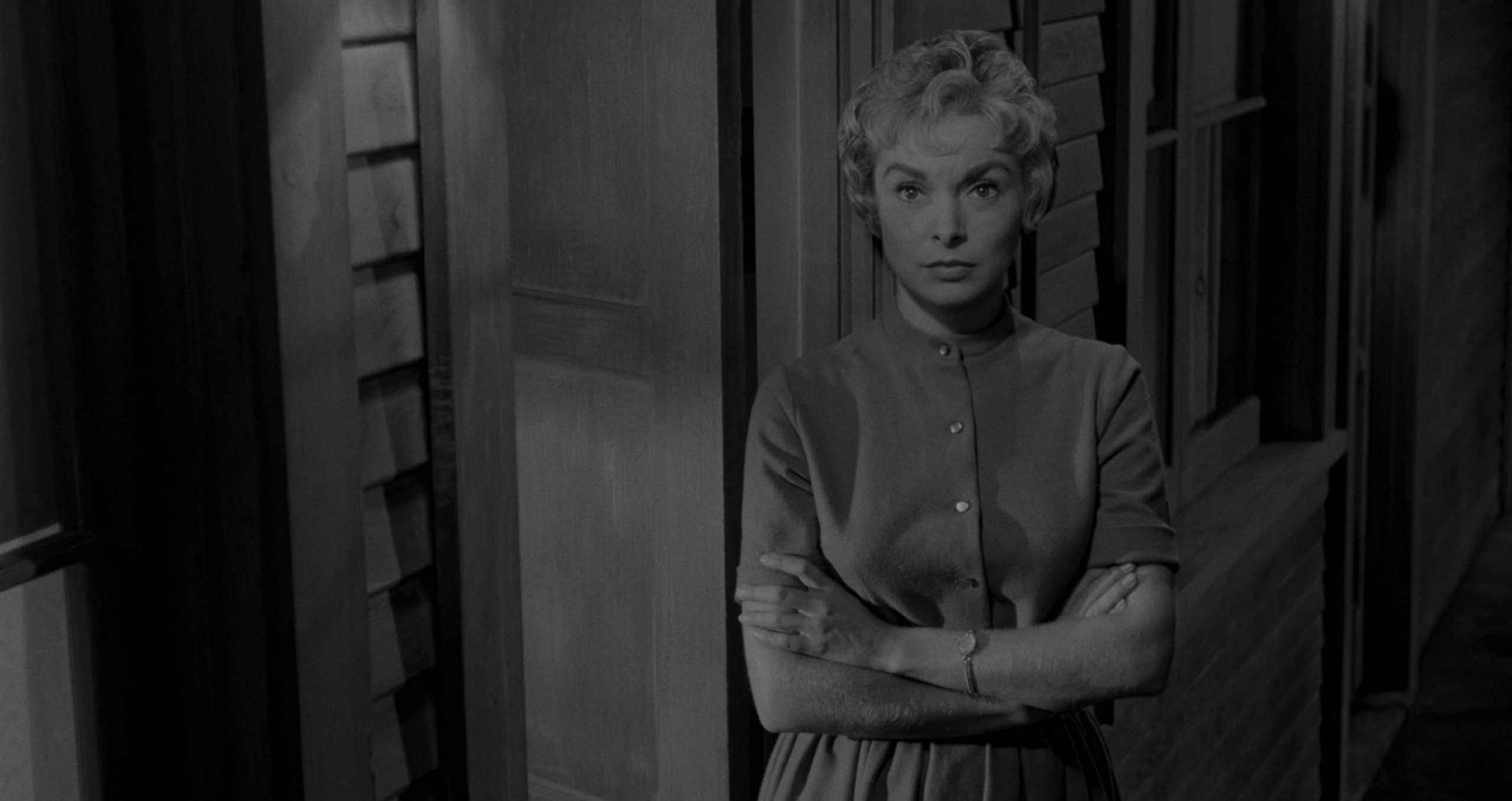
Allegedly, when Hitchcock wanted to film his movie “The Blind Man” in the park, Disney wouldn’t allow it because of the disturbing content in “Psycho.”
You can see the Bates Motel set at Universal Studios Hollywood
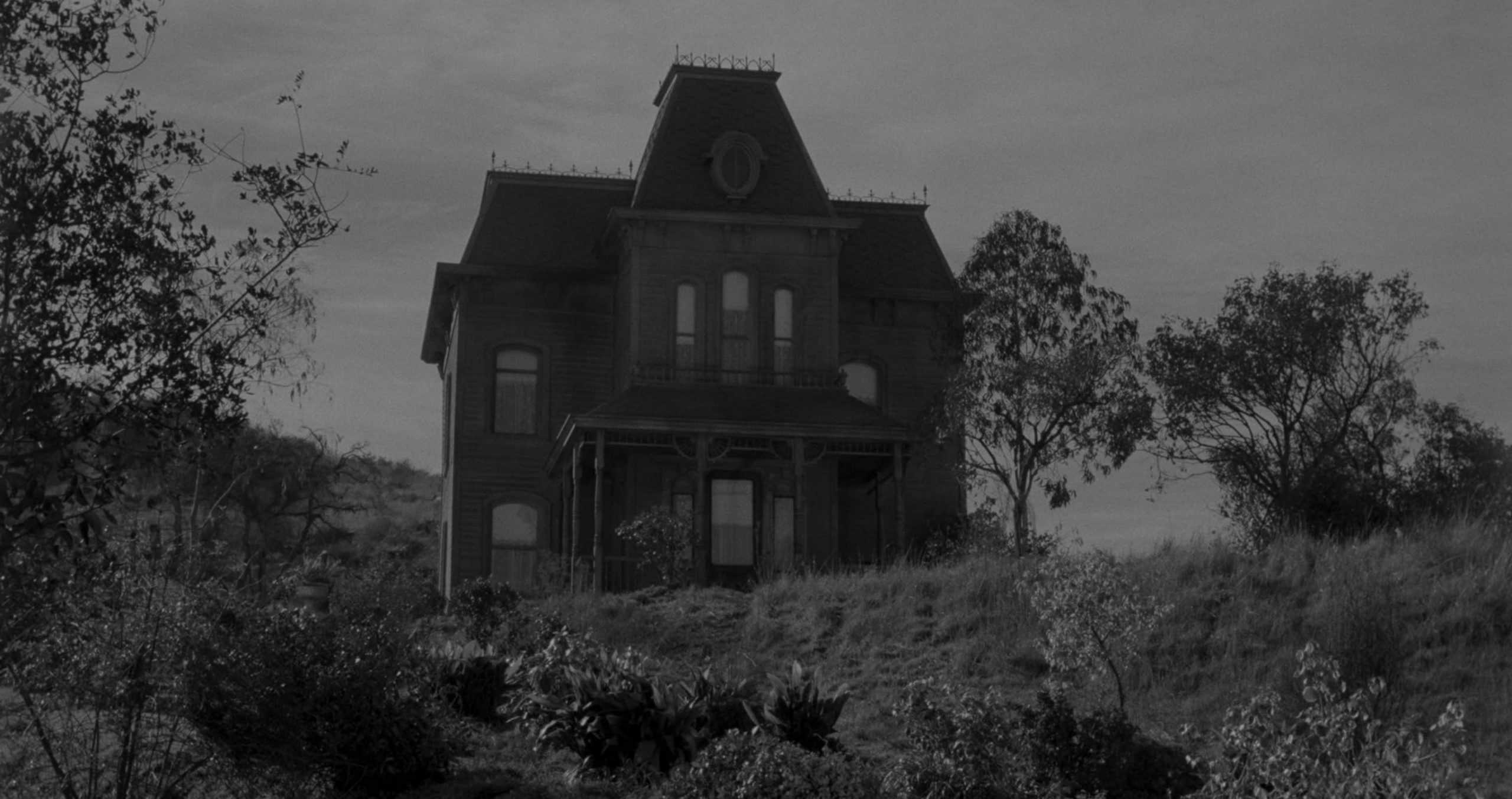
Hitchcock filmed “Psycho” in several locations, including Universal Studios Hollywood. After the success of the film, the set became a popular attraction on the Universal Studios Tour in Hollywood.
Norman Bates was ranked as one of the top villains
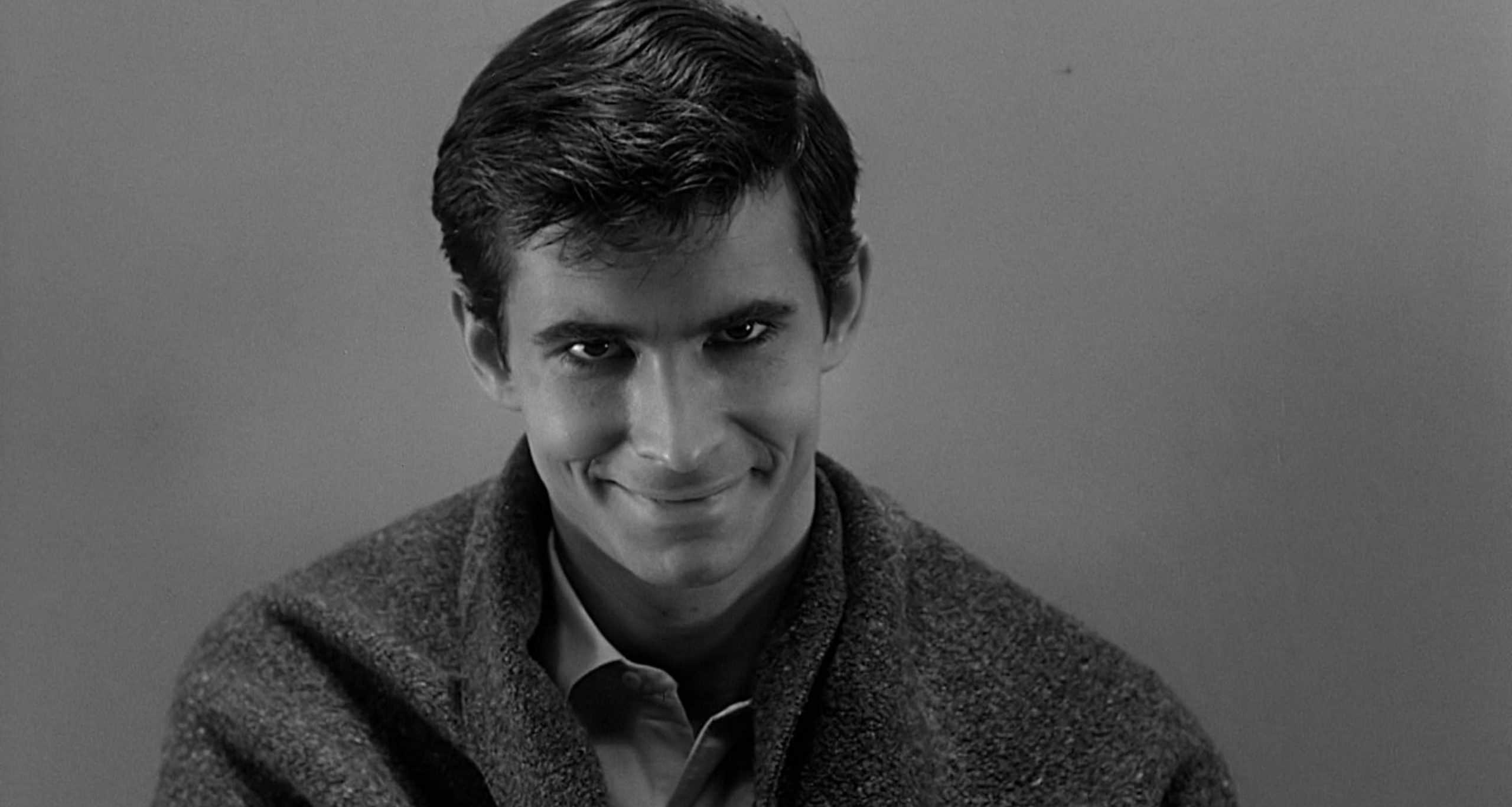
On the 100 Heroes & Villains list released by the AFI, Norman Bates is at the top of the list. He ranked as number two on the list of villains behind Dr. Hannibal Lecter.
Hitchcock thought “Psycho” was a failed experiment
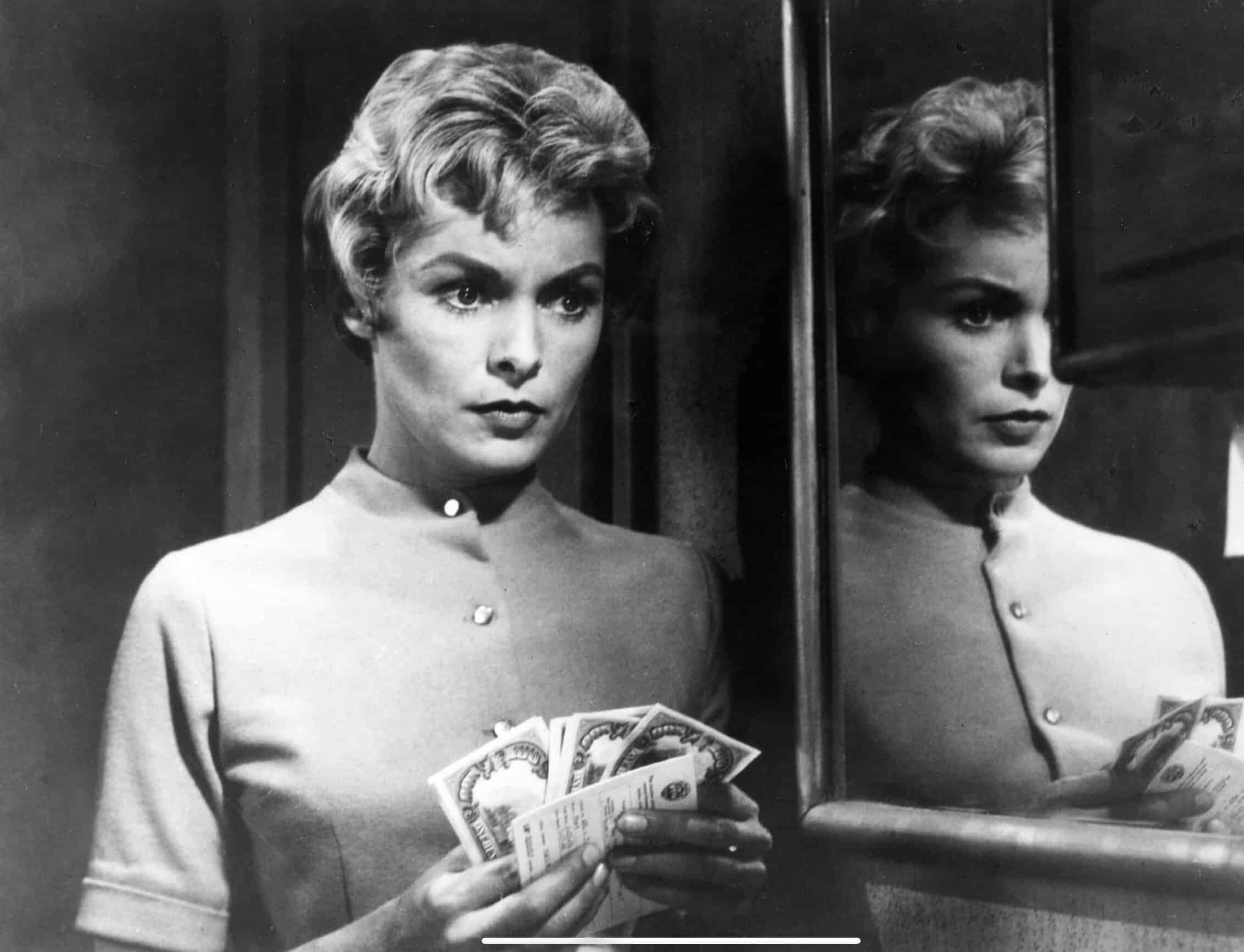
After finishing the filming for “Psycho,” Hitchcock didn’t have much hope for its success. That is, until he saw the finished version with the music added. (Don’t miss R-Rated Movies Embraced by Audiences But Scorned by Critics.)